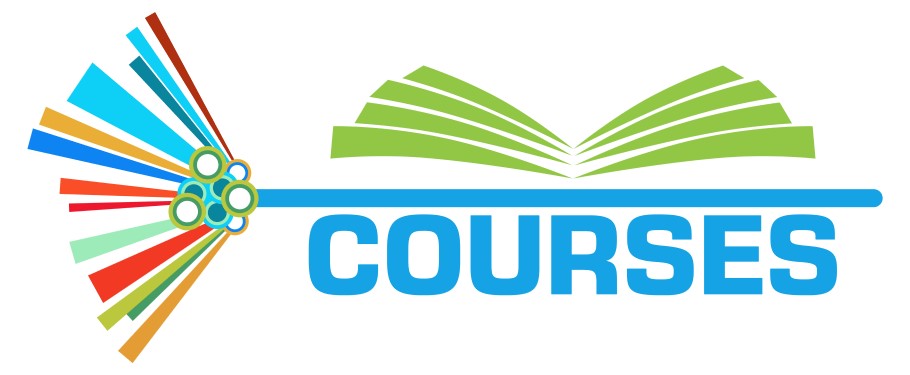
A school and college guide to the different types of university courses
There are over 35,000 courses available for your students to consider when making their university choices. It’s not just the course name and content that students must get their head around; they’ll also need to understand the different types of courses, the length of a course and what each choice would mean for them as well.
For example, two courses may have the same title, but students can choose a BA (Hons) or a BSc (Hons) route.
We’ve broken down some of the typical types of undergraduate degrees to help you articulate the different attributes to your students.
Levels
We use levels to help explain the different degree stages. A-levels, BTEC’s and other similar qualifications are usually level 3. Most undergraduate degrees are known as Bachelor’s Degrees and usually end at level 6 (1st year level 4, 2nd year level 5, 3rd year level 6). Other degrees may end at different levels. For example, a Foundation Degree ends at level 5 unless the student does a Top-Up to level 6.

Bachelor Degrees
The standard degree classifications are ‘BA’ and ‘BSc’. All Bachelor’s degrees are equal in value; the abbreviations just refer to the type of subject. Honours (Hons) refers to the higher standard of study within a degree; a student can graduate without honours if they don’t meet the academic requirements.
BA – Bachelor of Arts – usually arts or humanities focused.
BSc – Bachelor of Sciences – usually more science or maths focused
BEng – Bachelor of Engineering – a course focused on Engineering, that can be the beginning of the journey towards becoming a chartered engineer
BMus – Bachelor of Music – The majority of work consists of prescribed music courses and study in applied music, usually requiring proficiency in an instrument, voice, or conducting.
LLB – Bachelor of Laws – This degree allows students to continue to become a lawyer.
Graduates who have a non-LLB law degree may still need to do a law conversion (Graduate Diploma in Law) alongside non-law graduates in order to gain the equivalent of LLB status.
Joint Honours
Joint honours courses are ideal if a student is interested in studying more than one subject within one qualification. A combined course focuses on two subjects in the same timeframe as a single honours degree, but with a level of flexibility and a greater choice of modules.
Integrated Masters
Many courses now offer students the opportunity to study for an extra year and graduate with an integrated masters. Common acronyms to look out for are MEng or MSci from the engineering or science related subjects. These degrees finish at level 7.
Foundation Degrees vs Foundation Years
Foundation Degrees and Foundation Years often get confused given their similar names, but they mean slightly different things. Foundation Degrees go up to level 5 and usually take two years. They are work-focused degrees with a large practical element, and potentially reduced time in lectures.
Foundation Years are usually level 3 or 4 and are a stepping stone to a degree from level 4. Students may take this because they don’t meet the entry requirements for degrees beyond level 4, or if they are exploring new subjects and need to gain more specific knowledge in a particular area.
Always get in touch. There is a wealth of choice available for students as you will see, and university colleagues will always be happy to guide you through their course portfolio.
Closing credit
A big thanks to Meg Magrath, who worked on this content with Kat whilst in the role of Campaigns Manager at the University of East London.
Just so you know, this blog was published on 15 Jan '20 and everything was accurate to the best of our knowledge when we hit publish.
Stay up to date with everything university!
This free newsletter includes information about university events added to UniTasterDays, as well as details on new webinars, resource releases, and more.




